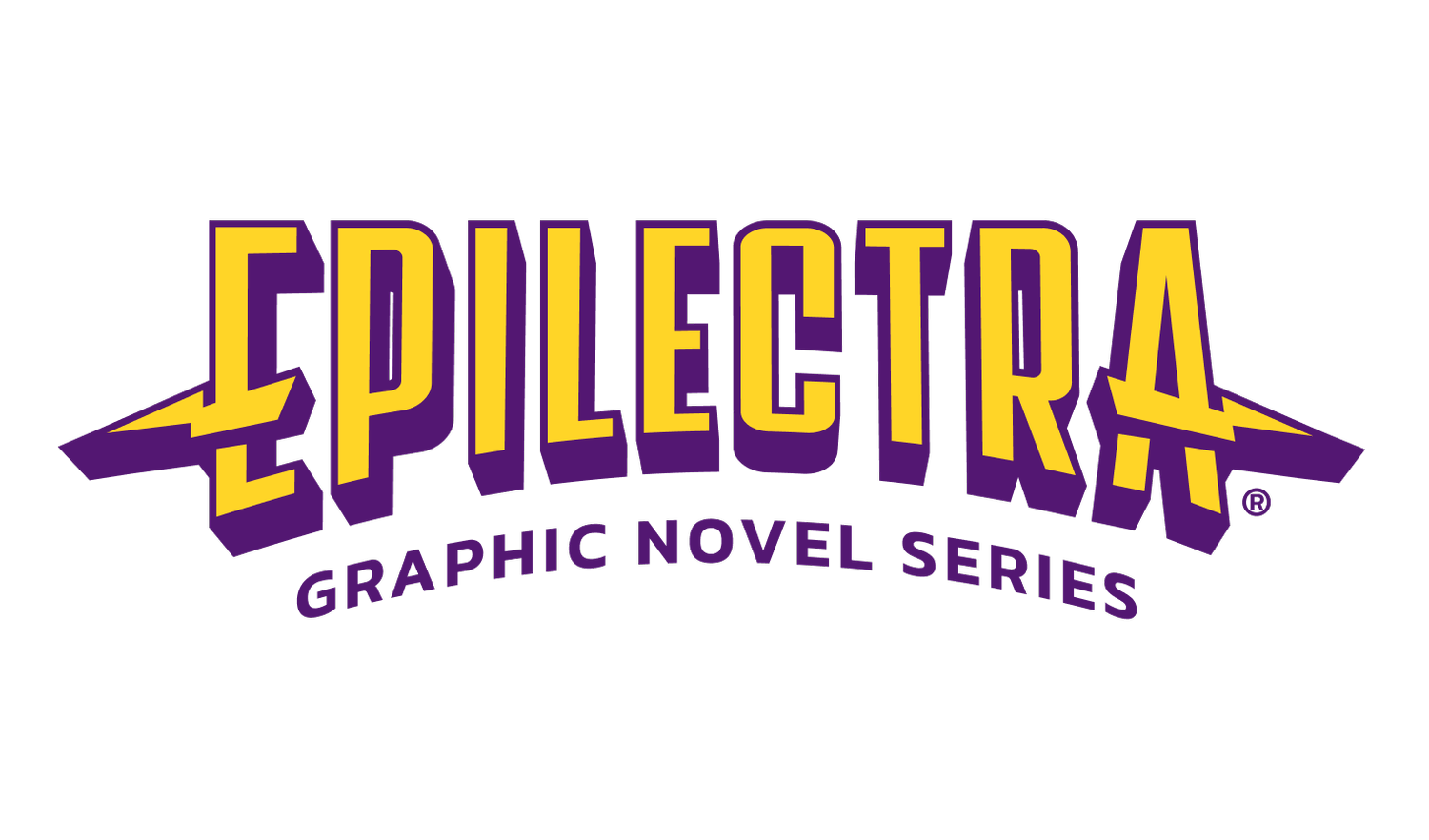Merriam-Webster Choses 2023’s Word of the Year: It’s All About Authenticity - SO IS EPILECTRA!
“AUTHENTIC” is Merriam-Webster’s 2023 Word of the Year, and that makes me happy. I work
hard to be authentic in everything I communicate about myself, my disabilities, and my
upcoming graphic novel, Epilectra.
But allow me to back up momentarily to clarify the word’s definition. Merriam-Webster offers a
few definitions for “authentic.” They are: 1.) Not false or imitation; real, actual, 2.) True to one’s
own personality, spirit, or character; sincere and authentic with no pretentions, and 3.) Worthy
of acceptance or belief when conforming to or based on fact; paints an authentic picture of
society or authentic cuisine. The Word of the Year is chosen based on the number of “lookups”
it amasses over the year.
In my interactions with people, both live and online, my adherence to authenticity revolves
around the second part of the definition. I don’t hesitate to share my experiences, thoughts,
and feelings as someone who manages multiple disabilities. They represent a significant part of
who I am and how I exist in the world. I can’t separate myself from them. I’m actually proud of
my “battle scars.” They’ve shaped me into who I am today. They’ve made me stronger, more
compassionate, more patient, and more creative.
My disabilities also opened the door to what I consider my life’s calling and what I hope will be
my legacy – my graphic novel series, Epilectra. As most of you know by now, Epilectra is about
Team SEEZ – a team of superheroes with different disabilities they transform into superabilities
to rehabilitate adversaries and make the world a better place. Epilectra’s mission is twofold: 1.)
Increase disability empowerment, and 2.) Decrease the stigma that often surrounds disability.
How is this accomplished? In large part, it’s due to the superheroes’ authenticity.
The Team SEEZ (for Support & Empower Everyone Zealously) superheroes are fallible. They’re
depicted managing disabilities and demonstrating frustration. They also wonder whether
they’re capable of being superheroes at all. They support each other in their weak moments
and praise each other when they excel. They also all have human personas we can relate to
when they’re not in superhero mode – from a middle school teacher to a high school student
and from an unemployed writer to an animal control worker.
But what does it mean to be “authentic?” According to CNBC, “Most conversations around
authenticity tend to focus on whether you’re acting like a relatable, normal person or putting
on a front for the people around you, It’s an important distinction: Coming across as phony can
be alienating, while conveying authenticity can help you amass popularity and inspire others.”
Sadly, over the last several years I’ve encountered many individuals with disabilities who either
keep their disability secret out of fear of being judged negatively or allow their disability to
prevent them from pursuing their dreams. The first has to do with the subject of authenticity.
People who hide their disabilities are not being their true selves. First off, note that according
to the CDC, 25% of people will end up with a diagnosed disability in their lifetime. That’s a huge
number. Anyone with a disability is in good company, and there’s loads of support for those
who wish to seek it. Now for some sad stats about these folks: According to Inc. Magazine, 76%
of college students with a learning disability are uncomfortable revealing it. Once these kids hit
the workforce, 21% will have a disability of some sort, yet only 4% will disclose it. To me that’s
just silly. Schools and companies typically have accommodations for those that need it and
counselors to assist them. I want to share a short story with you. I was at a party with my
husband not long ago, and I was talking with a man and his wife about epilepsy and how 1 in 26
are diagnosed with it in their lifetime. The wife wandered off, and the husband leaned forward
and whispered to me, “I’m one of the 1 in 26. Now you’re the only person who knows besides
my wife, and she’s going to die when she finds out I told you.” Out loud I reassured him, but
inside I was thinking, “I feel so sorry you feel you’ve had to keep that a secret. What an
unnecessary burden.”
My hope is that Epilectra will get people talking about disability – prideful about personal
journeys and open-minded in general. When people with disabilities feel they can be their
authentic selves without judgement, both of Epilectra’s missions will be accomplished: 1.) The
disabled community will be empowered and 2.) Education will defeat stigma.
